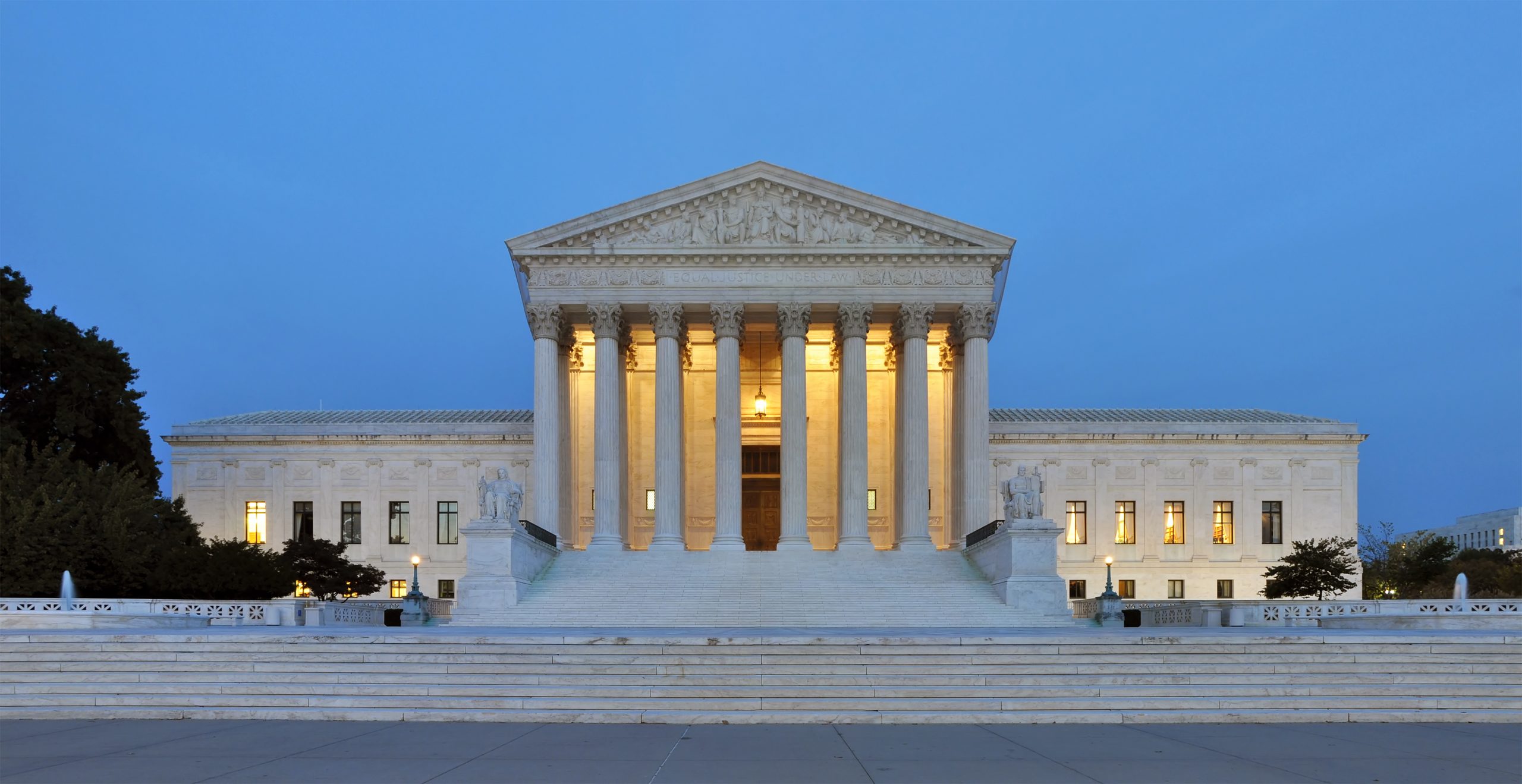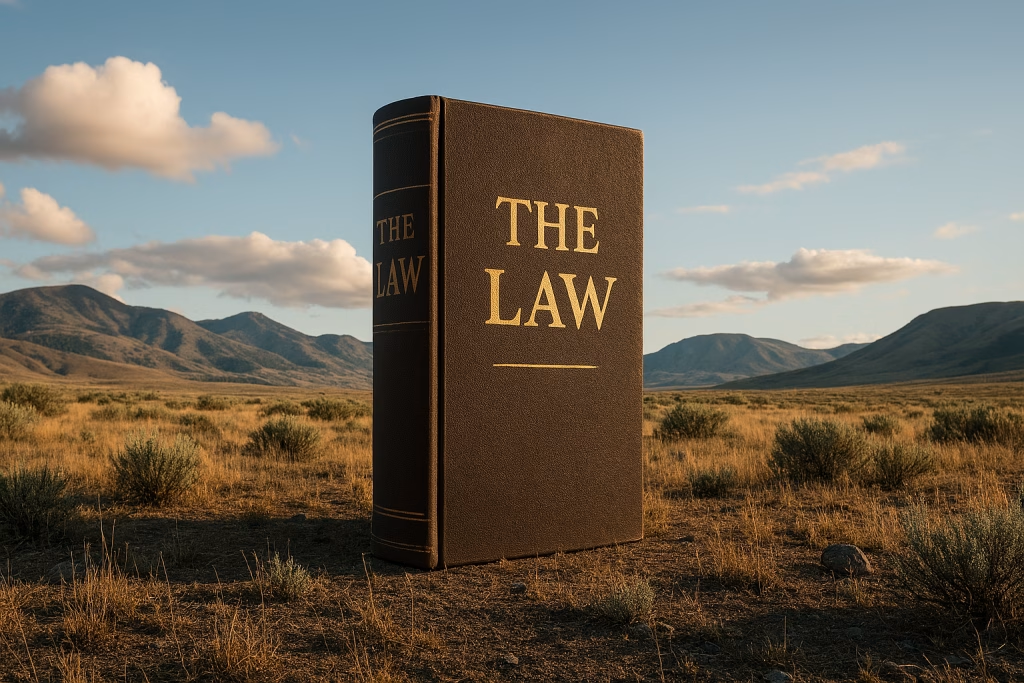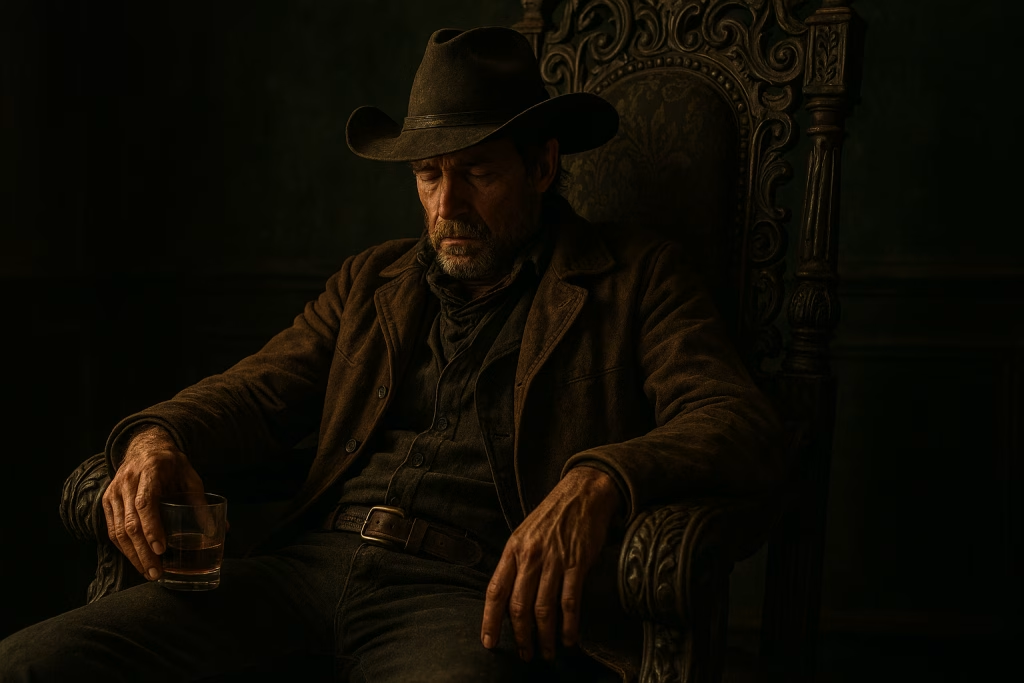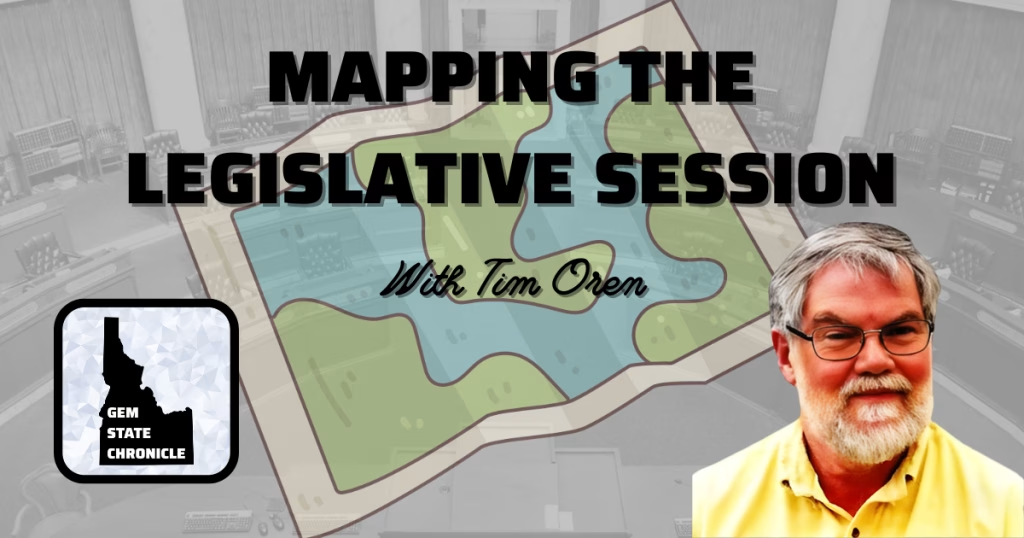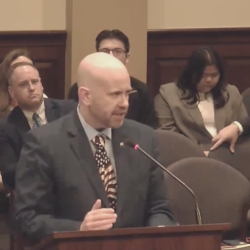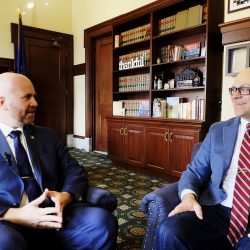It’s been a busy news week, with water wars and presidential debates grabbing the headlines. However, the Supreme Court has released several landmark decisions that will radically change the course of our government for decades to come.
I wrote about several rulings at the Chronicle, so I’ll link them here.
First, the Court remanded Moyle v. United States back to the District Court of Idaho. This is not a slam dunk victory for the pro-life movement, but neither is it a defeat. The ruling only affects a tiny percentage of abortions in our state, and it is likely that it will come before the Supreme Court again in the near future.
Yesterday, the Supreme Court ruled in SEC v. Jarkesy that bureaucracies cannot deprive citizens of their right to trial by jury when it comes to adjudicating civil violations. Today, the Court overturned the longstanding Chevron Deference doctrine in Loper Bright Enterprises v. Raimondo. These two cases significantly hamper the power of the administrative state. Rather than allowing agencies to craft their own rules and impose their own punishments, elected representatives must now be more careful when writing legislation.
The Supreme Court also ruled in Grants Pass v. Johnson today that cities may in fact issue citations to homeless people who choose to sleep outside when there are shelters available. This case had its roots in Boise, interestingly enough, but the current administration disagrees with today’s decision.
Read more here, courtesy of Margaret Carmel at BoiseDev.
There were several more big cases as well.
In Fischer v. United States, the Court threw a wrench into the prosecution of January 6th protestors by ruling that a law against obstructing official proceedings do not apply to those who entered the Capitol that day. This law has been used by the government to prosecute many J6 defendents, so this ruling could allow many of them to go free. It could also impact the government’s attempt to prosecute Donald Trump for the events of that day.
In Harrington v. Purdue Pharma, the Court ruled 5-4 that the Sackler family cannot be shielded from liability for the opioid epidemic in Purdue’s bankruptcy case. Justice Neil Gorsuch said that there was no legal way to shield the family from liability without consent of everyone who might have a claim against them.
Justice Gorsuch also wrote for the majority in Ohio v. EPA in which the Court put a temporary hold on the Environmental Protection Agency’s “Good Neighbor” policy. The EPA had interpreted the Clean Air Act of 1963 as giving it the authority to to require states upwind of other states to submit to strict regulations regarding emissions. The rule is now on hold as the case works its way through lower courts.
Perhaps the only truly disappointing case was Murthy v. Missouri, in which the Supreme Court dismissed a lawsuit against the Biden Administration for working with social media companies to censor information. Justice Amy Coney Barrett wrote for the 6-3 majority, saying the plaintiffs did not have standing to challenge the government’s actions. The issue is not over, however, as Republican attorneys general will surely try again. There are also challenges to laws in Texas and Florida regarding social media censorship that will likely be announced next week.
The other big case that will be announced next week deals with President Trump’s claims of immunity for actions taken during his presidency. That decision will significantly impact the ongoing prosecution of the once (and perhaps future) president.
Overall, it was a positive week of news. The major theme of the post-Trump Supreme Court has been a curtailing of the executive branch bureaucracies that have gained so much power in our government over the past century.
Gem State Chronicle is a reader-supported publication. To receive new posts and support my work, consider becoming a free or paid subscriber.
About Brian Almon
Brian Almon is the Editor of the Gem State Chronicle. He also serves as Chairman of the District 14 Republican Party and is a trustee of the Eagle Public Library Board. He lives with his wife and five children in Eagle.


